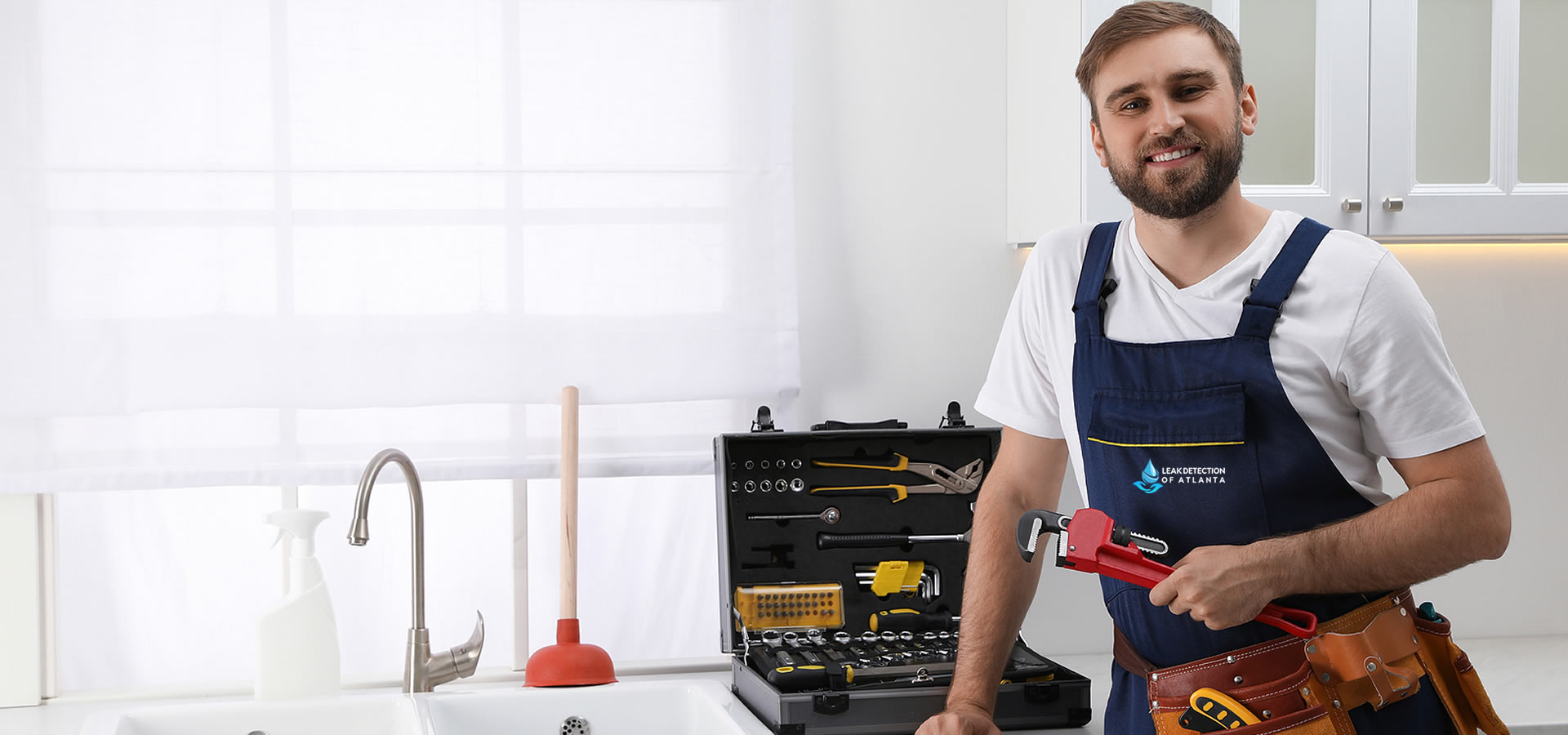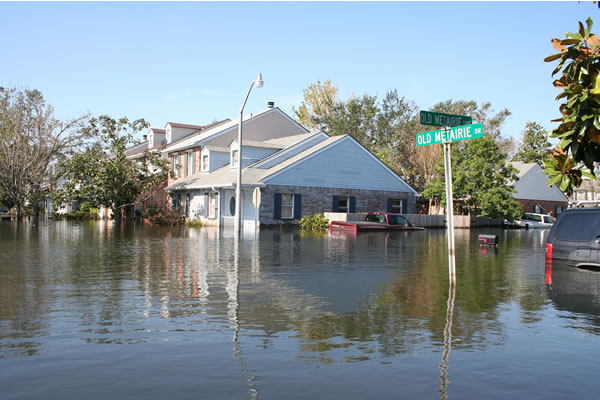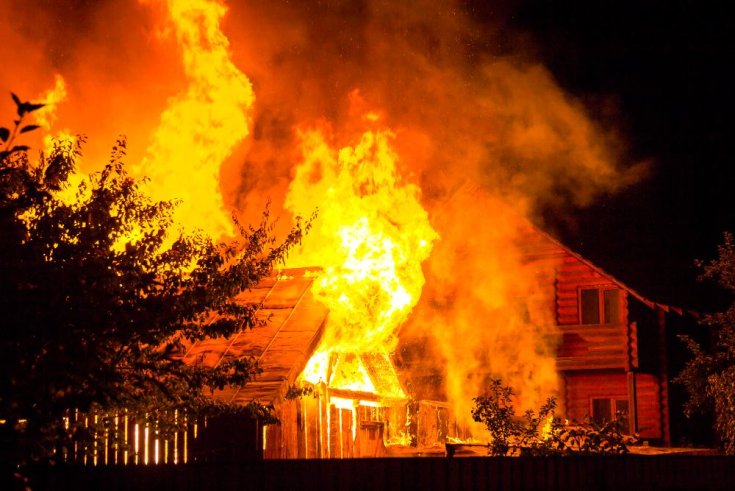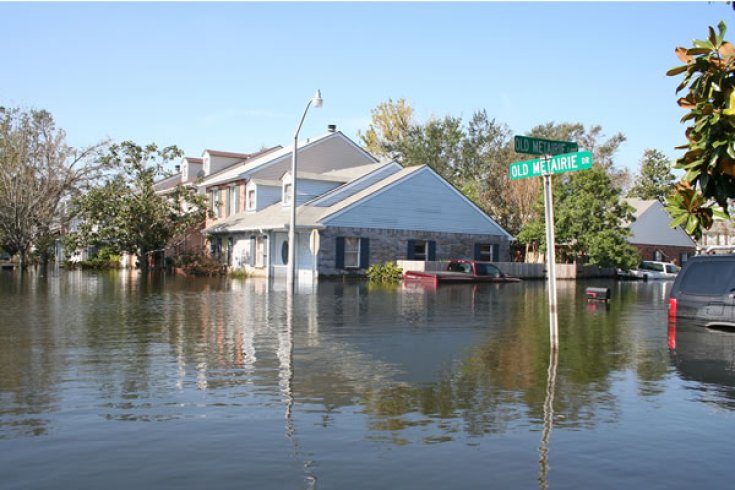Recovering Your Home After a Natural Disaster
Unexpected natural disasters can occur and leave a path of devastation and destruction in their wake. Water damage is one of the most frequent and harmful results. Water damage, whether it's from burst pipes, hurricanes, flooding, or a lot of rain, can ruin your house and possessions. The good news is that you can restore your home to its former grandeur with quick action and the right methods. In this blog post, our professionals from Leak Detection of Atlanta will explore the essential steps for water damage restoration, water damage removal, and water damage cleanup to help you get your life back on track after a disaster.
Assess the Extent of the Damage
Identifying the amount of the damage is the first stage in any water damage restoration procedure. Make a thorough inspection of your home to find any impacted surfaces, such as the furniture, floors, walls, and ceilings. Any structural deterioration or potential safety risks should be noted. This evaluation will assist you in creating a thorough restoration strategy.
Ensure Safety First
Prioritize safety before starting any restoration work. To avoid any potential dangers, shut off the gas and power. Until experts can evaluate the structural stability of your property, it could be safer to temporarily relocate if the water damage is severe.
Remove Standing Water
Mold and bacteria thrive in standing water, which can compound the damage and provide health hazards. To get rid of standing water in your house, use pumps, wet/dry vacuums, and buckets. This step is essential for stopping additional damage and expediting the drying process.
Dry & Dehumidify
Concentrate on drying up the afflicted areas after any standing water has been removed. Use fans to hasten the drying process and open windows and doors to encourage air circulation. Dehumidifiers should also be used to lower humidity levels because too much moisture can make drying take longer and promote the formation of mold.
Salvage & Dispose
While some objects might be recoverable, others would need to be discarded because of water damage that cannot be repaired. Give emotional things and those that can be carefully cleaned and disinfected top priority. Follow your local laws for proper disposal of goods that need to be disposed of.
Disinfection & Cleaning
Clean and sanitize all areas that came into contact with flood water thoroughly. To get rid of impurities like mold and bacteria, use the right cleaning solutions. To protect yourself from exposure to potentially toxic substances, put on protective equipment like gloves and a mask.
Address Mold Growth
Within 24 to 48 hours after water damage, mold can begin to grow. Take action right away if you detect any mold symptoms, such as a musty smell or visible growth. Consider using professional mold removers and use water and detergent to scrub surfaces that have been exposed to mold. The best course of action in serious situations is to speak with mold treatment experts.
Repair & Restoration
You may now concentrate on fixing and rebuilding your home once the damaged parts have been cleaned and dried. This can entail changing drywall, flooring, insulation, and other structural elements that are damaged. Employing experts at this phase helps guarantee that the repairs are made correctly and in accordance with safety standards.
Need a Reliable Company?
Are you in need of a restoration? Luckily, we at Leak Detection of Atlanta have dedicated workers ready at your service. Contact our representatives for more information.











